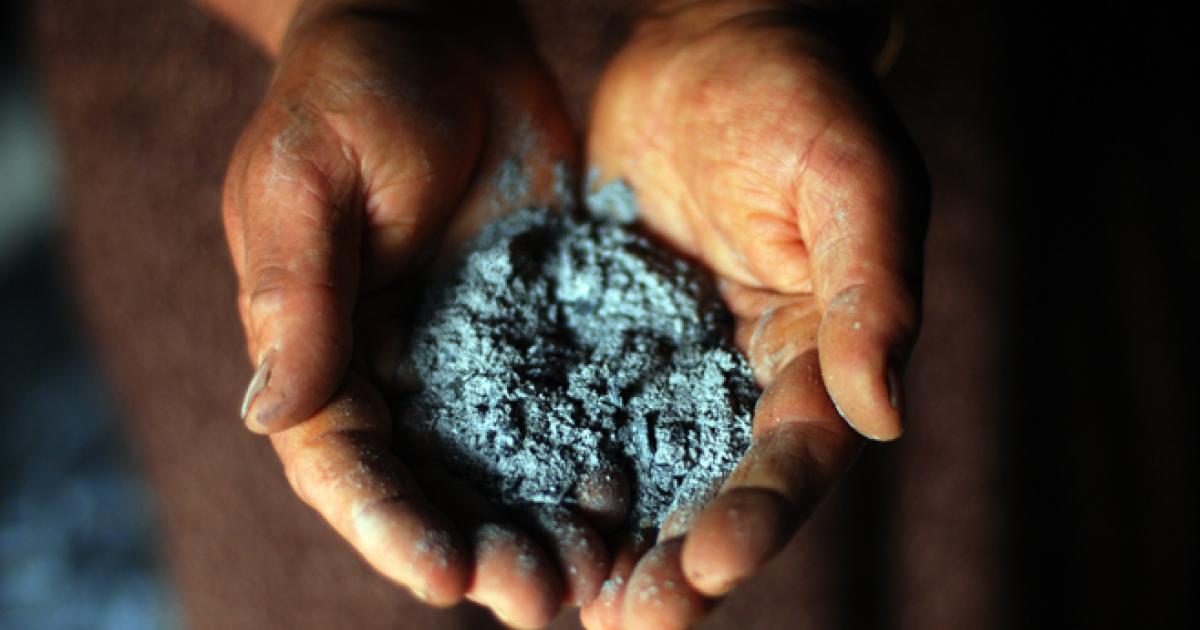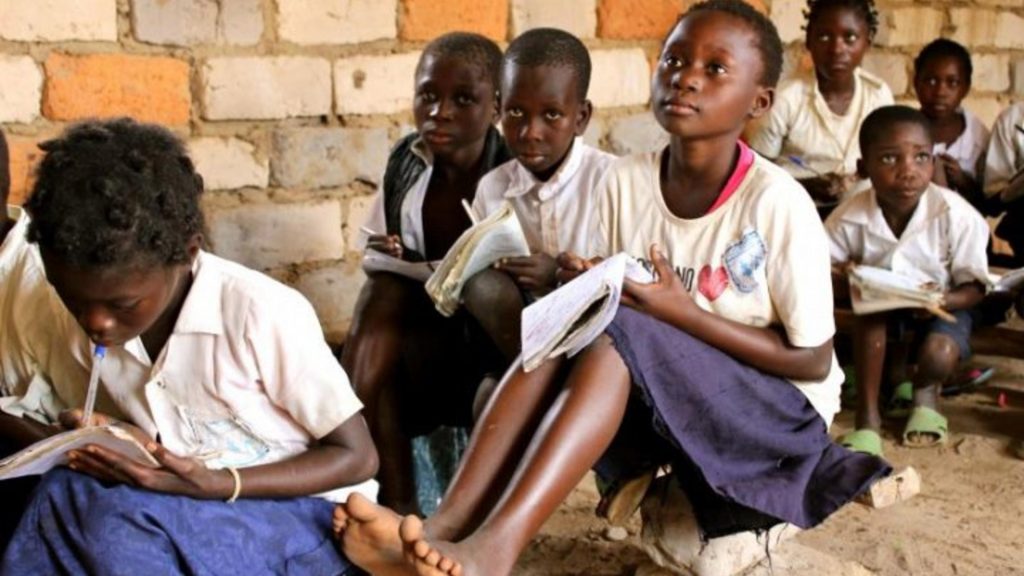On this year’s Day of the African Child on June 16, heads of state, ministers, religious leaders, community leaders, survivors’ networks and campaigners will come together for the first ever Africa-led summit on ending Female Genital Mutilation (FGM) and child marriage.
This summit gives us cause for hope in an era in which we continue to allow injustice and inequality to plague our communities and keep younger generations, especially Africa’s girls, from making their way out of poverty to build the Africa they want to see, fit for the generations they will nurture.

The annual Day of the African Child was initiated to honour the memory of the hundreds who gave their lives and the tens of thousands who gave tireless voice to demand their right to quality education in the darkest days of apartheid South Africa in 1976.
In 2019, we are united in our desire to honour the memory of all of Africa’s children by delivering real actions to change the lives of our girls.
Female Genital Mutilation and child marriage are scars on our continent’s future. These two cultural practices rob girls of their childhood, their dignity and the ability to experience their right to an education, thus denying them a chance to lift themselves and the next generation out of poverty and realise their full potential in life.
Inspired by Graça Machel, one of Africa’s most respected activists, female leaders, and champions for children’s rights, who undertook enormous responsibility at the age of 29 as the first Education Minister of Mozambique, we fight for Africa’s youth, and especially for the right of our girls just to be girls, and to be respected and educated.
Ending FGM and child marriage are vital to delivering the rights of all girls, and is a first step to assuring their economic potential can be met.
When girls are educated instead of being married off or treated as commodities from birth, they are healthier and they have fewer, healthier children at a more appropriate age. Girls who grow up with good health and the benefit of 12 years of education have the potential to earn twice as much as they would if left without access to their rights to health and education.
Cultural barriers and insufficient investment in girls mean that despite progress in the last decade, more than U.S. $15 trillion in lost GDP results from girls being left behind, according to the World Bank. The worst affected countries are in sub-Saharan Africa, where 40 percent of girls don’t complete secondary school, but all low income countries suffer the opportunity cost of failure to invest in girls.
More than 200 million girls and women suffer the effects of FGM and a further 50 million girls are at risk of becoming victim to FGM by 2030. According to the United Nations Children’s Fund, nearly 40 percent of girls in Africa are married before they turn 18. This amounts to tens of millions of girls who are robbed of their power of choice in life, and will not realise their full potential economically or socially.
Many governments have made strides with policy commitments to end FGM and child marriage. Religious leaders are also beginning to support an end to these scourges. But we need more action. For example Somalia, Guinea, Djibouti and Mali still show great resistance to ending FGM. We cannot leave these solvable challenges to governments alone.
It’s time for Africa’s leaders to translate the promises of the international Sustainable Development Goals, an aspirational blueprint for ending poverty and inequality, into meaningful policy action that integrate with community-led approaches.
Fifty-five African states have signed up to the 2040 Agenda through the African Union instrument, the African Committee of Experts on the Rights and Welfare of the Child (ACERW). The ACERW’s 2040 Agenda includes 10 solid aspirations for Africa’s children. But these sets of aspirations can easily be left hanging unless action though policy and at the community level is taken, and backed up with greater investment in access to justice and education.
To honour the International Day of the African Child, we stand in solidarity with every girl on the continent. We demand an end to FGM and child marriage through commitment to policy and addressing the root cultural barriers to change, along with adequate financing to drive action.
We look to the Africa4Girls Summit for solid and tangible commitments from the heads of state and ministers gathering on the Day of the African Child in Dakar, Senegal. They should be on notice: we and many more of our young, African female counterparts will hold our leaders to account, and implore the generation that came before us to support our fight for the women of tomorrow.

